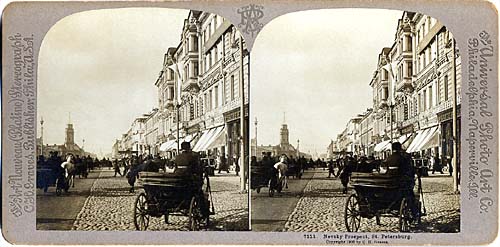A Russian train that makes no stops, the Yellow Arrow has no end and no beginning, and its destination is a broken bridge.
This is the weekend I am supposed to be finishing Zamyatin's We and a series of Shalamov's Kolyma Tales. And I'm reading those, I promise. But then I got the last of my Amazon order yesterday (which included my gift-to-me hardcover box set of the Hunger Games trilogy), and found this tucked away inside:
According to the Times Literary Supplement, "Pelevin is a Russian David Foster Wallace, Will Self, Haruki Murakami." I can totally get on board with (ba-dum!) the Murakami reference.
I mean, it wasn't a surprise; I did order it and pay cash (credit) money for it, after all. I was surprised at it's length, however, or lack thereof (it is, like, hand-sized, and less than a hundred pages), so I started reading it.
And then I finished it. It's quick as quick, and very compelling, so if any of you want a taste of contemporary Russian literature (this was published in 1993), take a look: The Yellow Arrow.
From the back cover: A Russian train that makes no stops, the Yellow Arrow has no end and no beginning, and its destination is a broken bridge. Andrei, less and less lulled by the never-ending hum of the wheels, begins to look for a way to escape. But life in the compartments is going on as always: Indifferent to their fate, the passengers carry on as usual – trading in nickel melted down from the carriage doors, attending the Upper Bunk avant-garde theater, leafing through Pasternak's Early Trains, or disposing of their dead through the compartment windows.
[a rundown of details for me to remember for the exam, and a comparison to The Giver, after the jump]







